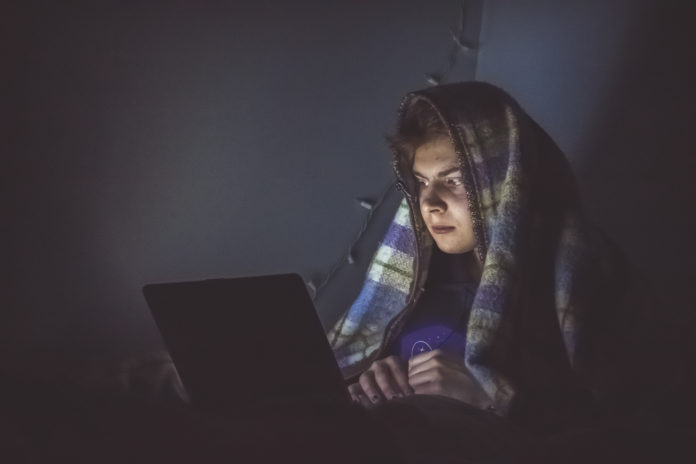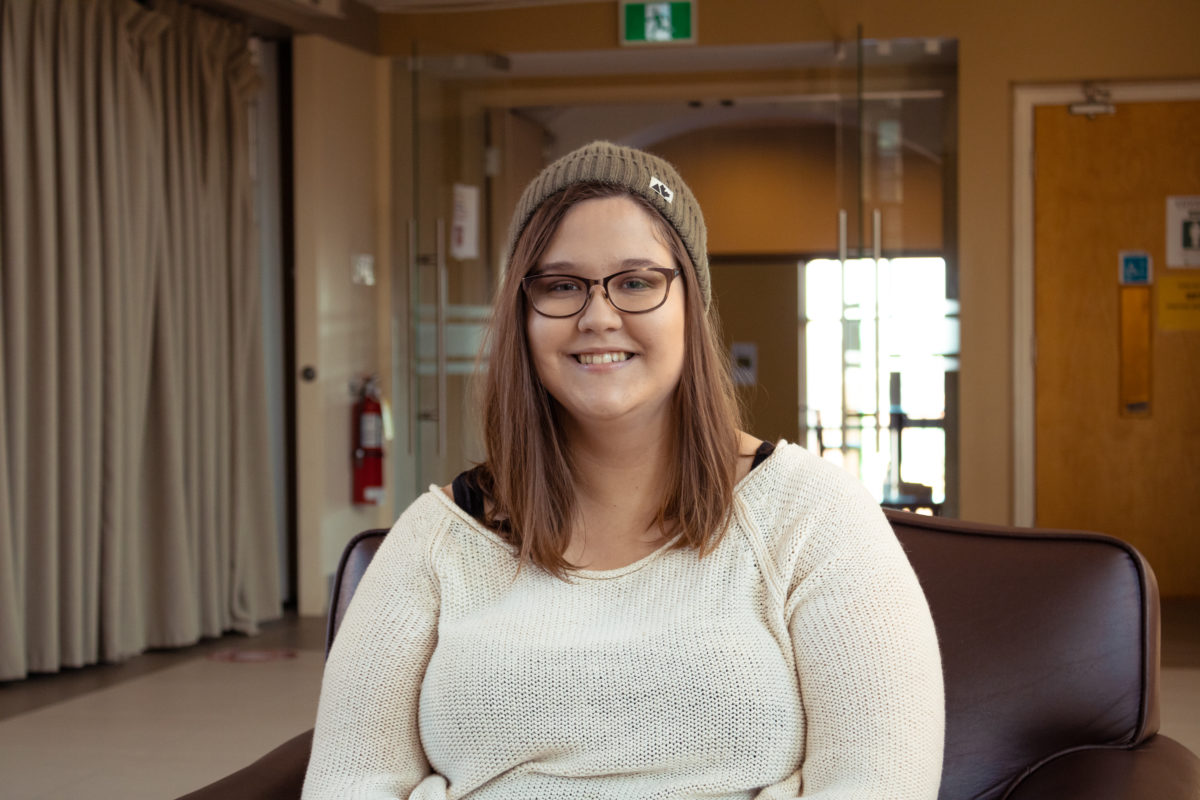

Mary Baker, a fourth-year English major at St. Thomas University, said she was diagnosed with depression and anxiety in the summer of 2018.
Baker said she isn’t diagnosed with Seasonal Affective Disorder, but she does agree that her symptoms worsen during the winter.
“It snows and then it stays for weeks. It’s the most annoying thing because not only are you kind of feeling static, but everything around you is also static, nothing’s changing,” she said.
Baker said her anxiety and depression started to get better, but when the pandemic hit, things started to get worse.
“Essentially, where you don’t have any good days, you don’t have any bad days. It’s just it’s kind of like nothingness. Days run into each other and you don’t get restful sleep,” said Baker.

In a CBC interview, Steve Joordens, a psychology professor at the University of Toronto, said there is a danger of COVID anxiety turning to depression, especially in Canada, a country famous for its long dark winters. About 32 per cent of Canadians were below the necessary blood concentration of vitamin D, a direct effect of a lack of sunlight, according to Statistics Canada.
On Nov. 1 Canada entered into daylight savings time, meaning that everyone got an extra hour of sleep, but also lost an hour of sunlight each day.
Andra Kennedy, a STU graduate who has SAD, depression, anxiety and borderline personality disorder, said her SAD often starts during daylight savings.
“Everything that makes me feel dark and cloudy inside is kind of emulated outside,” she said. “Everything starts to get darker earlier and you feel like you have less and less time. It’s kind of like an impending doom.”
Kennedy said she finds she sleeps much more than usual during these times, sometimes sleeping between 14 to 16 hours a day to escape what she calls “the weight.”
“You sit there with this huge weight on your chest, and stare at the walls or the ceiling and you feel like nothing’s getting better and you’re never going to climb out of this hole.”
While both take medication and participate in therapy, Baker and Kennedy said they agree reaching out to friends and family is the best way to fight the winter blues.
Baker said breathing is a helpful technique. While she doesn’t use any apps like Calm or Headspace, she does use the natural sounds of her home, like the ticking of the clock to guide her breath. Kennedy finds that long baths with essential oils help calm her mind.
“I know it’s important to reach out to people. As cliche as that sounds, I’m really bad at it because I’m very much an introvert. I usually dread hanging out with people, but then when I hang out with them, it’s great,” said Baker.
